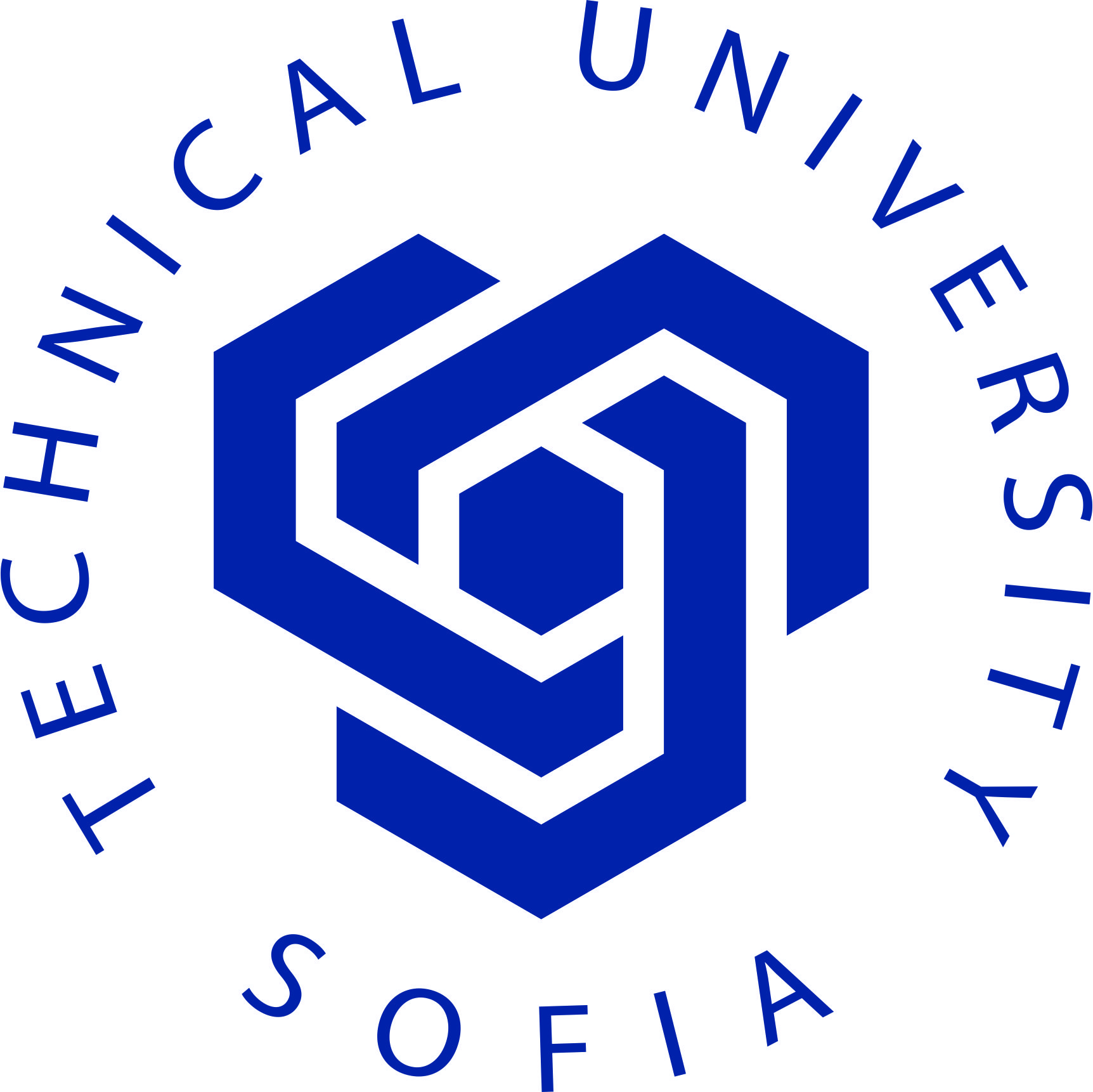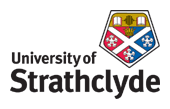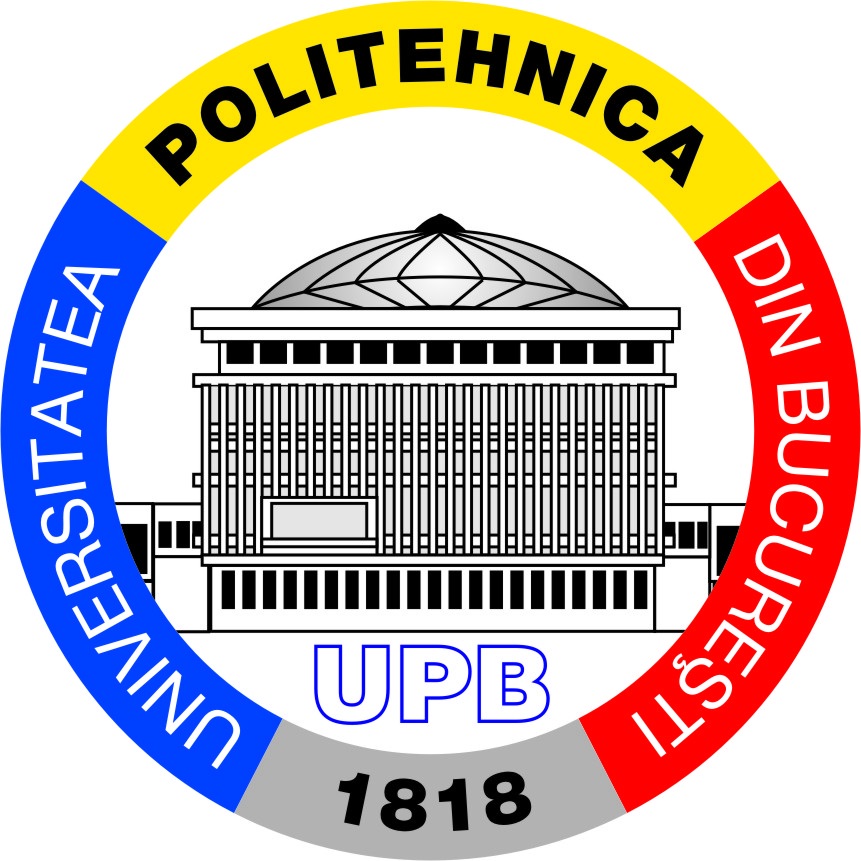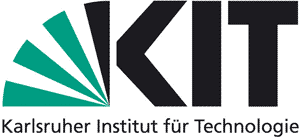TECHNICAL UNIVERSITY of Sofia (TUS) is the largest higher engineering school in Bulgaria with long years of experience in training engineers. In the basis of created in 1945 State Polytechnic, in 1956 renamed into Higher Institute of Mechanical and Electrical Engineering in 1995 was set up the Technical University of Sofia. Fifty five thousand are the engineers who have graduated and with the knowledge and skills acquired here have contributed to the development of Bulgarian industry. The Technical University of Sofia trains specialists in degree engineering courses essential for the industrial development: mechanical and electrical engineering, electronics, power generation, transport, automation, computer science and telecommunications, textile engineering, industrial management. TUS participates through its representatives in the activities of many international scientific organizations and TUS has signed cooperation agreements with 42 Schools of Higher Education in 16 countries.
Technical University of Sofia – Research and Development Sector











